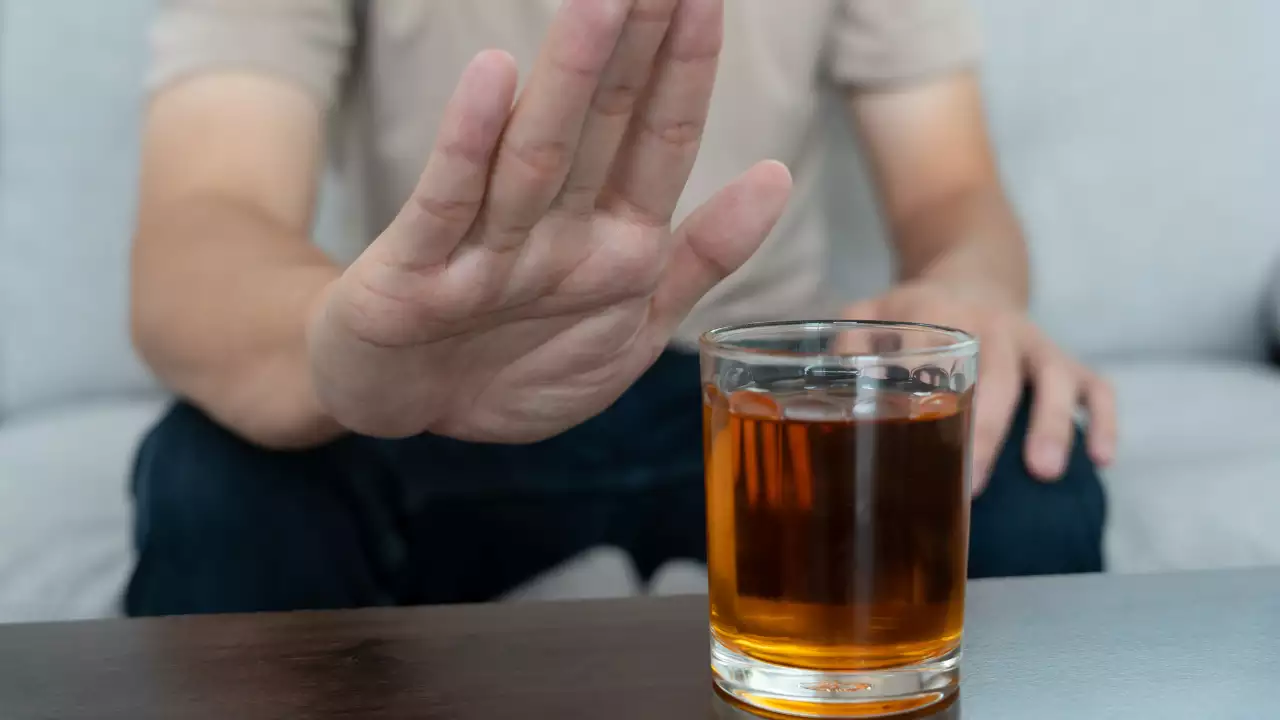Alcohol withdrawal is one of the most difficult and even dangerous moments that individuals go through when they have been engaging in heavy or constant consumption of alcohol for a long period and stop or seriously cut back on how much they drink. Symptoms of alcohol withdrawal vary from minor discomfort to even serious medical complications. It is therefore necessary for both the withdrawing person and the persons caring about the individual to understand how to handle alcohol withdrawal effectively.
Here's a guide on how to deal with alcohol withdrawals effectively:
1. Recognise the Symptoms
Alcohol withdrawal is a condition where a person stops or drastically cuts back on alcohol consumption after having been on a binge for some time. Symptoms may start after 6 to 12 hours of the last intake and may include anxiety, irritation, tremors, headaches, nausea, vomiting, and sweating. More serious manifestations may result in confusion, hallucinations, seizures, and delirium tremens, which is a life-threatening symptom.
These symptoms should be carefully observed, and if they intensify, seek the help of experts immediately. Whenever there is suspicion of major withdrawal conditions like confusion, seizures, and hallucination, rush to emergency medicine.
2. Seek Medical Supervision
For those who have been drinking excessively for a long time, medical supervision is advised during withdrawal. A doctor would be able to assess the intensity of the withdrawal and determine a proper treatment course. In many cases, a medically supervised detox program may be the safest approach in which medications help manage withdrawal symptoms and reduce the chance of complications.
Medications are given to reduce symptoms of anxiety and avoid seizures. All the drugs are to be used only by the prescription of a doctor for avoiding side effects or overdose.
3. Stay Hydrated and Nourished
Alcohol withdrawal can lead to dehydration and a loss of vital nutrients, so it's essential to drink plenty of water and eat well. Drinking adequate amounts of water, coupled with the replenishment of electrolytes through beverages like sports drinks or coconut water, can help avoid dehydration and fast recovery. Eating smaller, nutritious meals can help stabilise blood sugar levels while avoiding fatigue.
4. Practice Self-Care and Seek Support
Alcohol withdrawal can be very physically and emotionally challenging, so it is crucial to take good care of yourself. Rest as much as possible and avoid stressful situations. Do calming activities like meditation, deep breathing exercises, or light stretching to help manage anxiety.
Another important aspect is having a support system. A close friend, family member, or therapist can be very helpful in providing emotional support and reducing feelings of isolation. Joining a support group, such as Alcoholics Anonymous, can also be helpful in connecting with others who are going through similar experiences.
5. Follow Up with Ongoing Treatment
It is important to ensure that the patient follows up on the long-term treatment plan once the acute withdrawal phase is over. Recovery from alcohol use disorder involves therapy, counselling, and support groups in dealing with the root causes of addiction and avoiding relapse.
Get Latest News Live on Times Now along with Breaking News and Top Headlines from Mental Health, Health and around the world.
